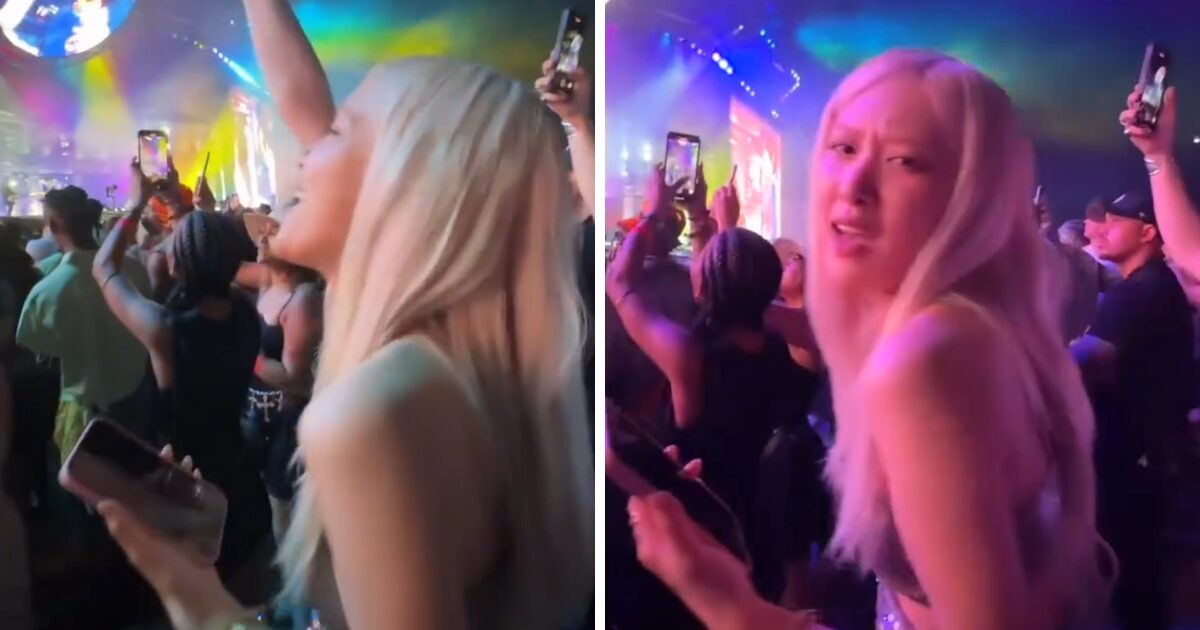In a fascinating blend of technology and artistry, actress Jeon So-min has recently embraced the trend of AI-generated art. This phenomenon gained traction after OpenAI launched its ‘ChatGPT-4 image generation’ feature. Many users have transformed their photos into various art styles, capturing the imagination of social media users. Jeon So-min, renowned for her captivating performances, shared a striking image styled in the iconic look of Studio Ghibli. This choice resonates with both fans and art enthusiasts.
However, the rise of AI-generated content has sparked criticism. Industry experts and creatives voice concerns about potential copyright infringement issues. These issues arise from AI’s use of existing artwork for training purposes. While specific art styles may not be protected under copyright law, the integration of certain content raises significant concerns about ownership and originality in AI-generated works.
Forbes has expressed strong critiques about the implications of AI on creative fields, suggesting it could harm traditional artistry. Similarly, Ishitani Megumi, director of the beloved anime ‘One Piece,’ expressed outrage over the misuse of the Ghibli name. She warned of possible legal action against those who exploit it. These sentiments echo long-standing concerns within the animation community, notably articulated by Miyazaki Hayao, co-founder of Studio Ghibli. In a 2016 documentary, Miyazaki described AI-generated art as an "insult to human life." His statement continues to fuel debate about technology’s role in creative expression.
As Jeon So-min shines in her role as Oh Ji-song on the KBS Joy show ‘Today, I’m Sorry,’ her involvement with AI-generated images places her at the intersection of innovation and traditional artistry. The conversation surrounding AI’s impact on creativity is ongoing. As more celebrities join this trend, the industry must address the complexities of copyright, authenticity, and the future of art itself.
Copyright Concerns in AI Artistry
The integration of AI in art raises ethical questions about creativity’s future. Many artists worry that AI-generated art might undermine their work. It is crucial to address these concerns to protect artistic integrity. Moreover, discussing AI’s potential impact on artistic expression is essential. Artists and industry experts must collaborate to navigate this evolving landscape.
The Future of AI in Art
As AI continues to expand in the entertainment industry, understanding its implications is vital. Statistics show that AI-generated art is gaining popularity among audiences. This growth could reshape our view of creativity and originality. Jeon So-min’s experiences with AI-generated images highlight this shift in the art world. As this trend develops, it will be interesting to see how artists adapt and respond to these changes.
In conclusion, Jeon So-min’s journey into AI artistry reflects the evolving landscape of creativity. As the dialogue about copyright concerns continues, the fusion of technology and art will undoubtedly shape the future of creative expression.
This article has been written by Kpopmap AI writer and while we have made efforts to ensure the accuracy of the article, there may be errors or inaccuracies.
 1 month ago
14
1 month ago
14



















 English (US) ·
English (US) ·